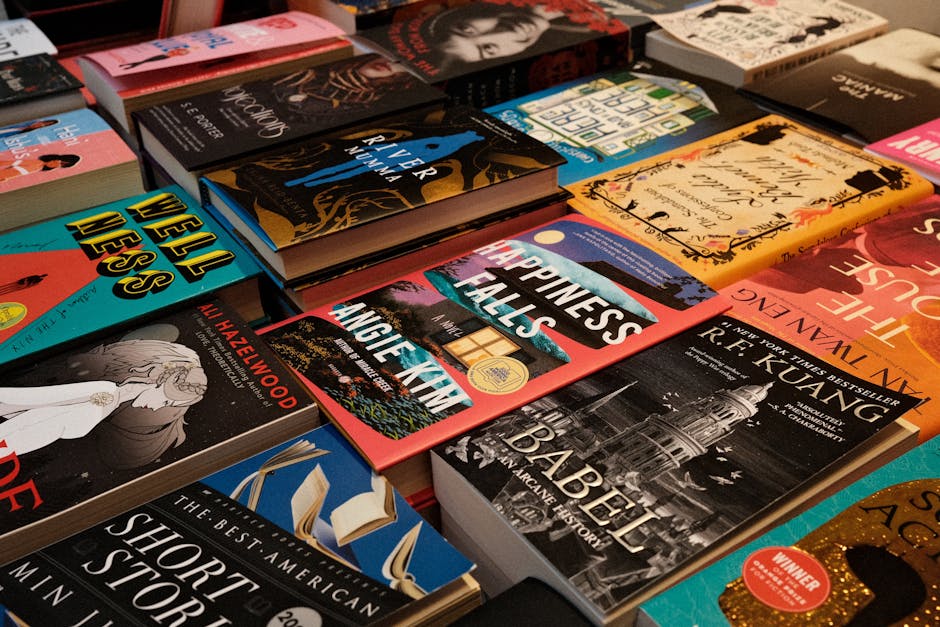From the epic poems of ancient Greece to the contemporary novels gracing bestseller lists, narratives consistently explore fundamental human experiences. While the specifics of a story the characters, settings, and plot can vary dramatically across cultures and historical periods, underlying themes recur with surprising frequency. This exploration delves into the question of whether universal themes genuinely exist in all stories, examining their potential origins and impact on the human experience.
A cornerstone of literary analysis is the identification of recurring motifs, the threads of meaning that weave their way through diverse narratives. Consider the enduring appeal of the “hero’s journey,” a narrative archetype that resonates across countless cultures and epochs. From the Odyssey to Star Wars, this pattern, characterized by a protagonist’s initiation, trials, and eventual triumph, taps into universal aspirations for self-discovery and overcoming adversity. This is not simply a coincidence; it speaks to a fundamental human desire to understand our place in the world and our potential for growth.
A powerful catalyst for shared understanding across cultures is the exploration of human relationships. Love, loss, conflict, and compassion are often central to stories. This shared emotional landscape allows readers to empathize with characters from disparate backgrounds, forging connections that transcend geographical and temporal boundaries. A story about familial strife, for example, might involve a vastly different cultural context, but the raw emotions of betrayal, forgiveness, and reconciliation can resonate deeply with readers regardless of their own experiences.
Another significant universal theme, frequently examined across genres, is the struggle for power and control. This motif permeates political dramas, historical accounts, and even seemingly straightforward tales of personal ambition. The intricacies of power dynamics, the allure of dominance, and the consequences of abuse are central themes that shape characters and drive narrative action. A meticulous examination of this theme reveals how power dynamics are often embedded in social structures, further highlighting the enduring impact of social structures on human experience.
The pursuit of knowledge and wisdom is also a recurrent thread in many narratives. This theme, often tied to characters’ personal journeys, explores the profound human curiosity about the universe, the self, and the meaning of life. Whether through the quest for scientific breakthroughs or the search for spiritual enlightenment, the exploration of knowledge serves to expose the relentless human desire to understand and interpret the world. These journeys of self-discovery are frequently punctuated by moments of revelation and profound insight, highlighting the potential for growth and transformation.
It’s crucial to acknowledge that these themes aren’t always explicitly stated. Frequently, the underlying messages are embedded within the characters’ actions, the relationships they forge, and the conflicts they face. The nuances of societal structures and cultural contexts also influence the manifestation of these themes. A story set in a technologically advanced society, for instance, might present the theme of humanity versus technology in a unique light compared to a story set in a feudal society.
It’s vital to differentiate between universal themes and universal truths. While certain themes recur, the interpretations and applications of these themes can vary significantly. A story about the corrupting influence of power, for example, might be interpreted as a commentary on political systems in one context, while in another it might be viewed as a cautionary tale against personal ambition. Such varied interpretations underscore the flexibility and adaptability of these thematic threads.
Beyond thematic concerns, the very act of storytelling itself might be considered a universal endeavor. From oral traditions passed down through generations to the complex narratives of contemporary literature, the urge to narrate and record human experiences appears to be ingrained in our species. This capacity to weave tales, to create shared realities, likely played a crucial role in the development of human societies and communication. The very process of storytelling, through its emphasis on shared experience, seems to tap into our deep-seated need for connection and belonging.
In conclusion, while the specifics of narratives differ widely, the recurring themes of self-discovery, relationships, power, knowledge, and the human condition itself offer valuable insights into the human experience. These are not simply plot devices but rather reflections of fundamental human desires, fears, and aspirations. Through the lens of storytelling, we gain a deeper understanding of ourselves and the world around us. This universal understanding is powerful not just in literature but in how we navigate the human experience across different cultural contexts. These recurring motifs shape our understanding of humanity, reminding us of our commonality, and illuminating the enduring power of storytelling.
